
Doctor says this is the #1 supplement to take if you have arthritis

If so, you’re probably always searching for anything—big or small—that might reduce your pain and help you regain the freedom to move comfortably. While common treatments include pain relievers, cortisone injections, physical therapy, and even surgery, there’s a lesser-known nutrient gaining attention among researchers and health experts: vitamin K₂.
In this expanded guide, we take a deeper look at the science behind vitamin K₂, how it may help relieve arthritis symptoms, and whether this underappreciated nutrient could be a useful addition to your joint-health routine.
Key Takeaways
-
Vitamin K₂ may help reduce inflammation, support cartilage repair, and improve overall joint health.
-
Research suggests potential benefits for both rheumatoid arthritis (RA) and osteoarthritis (OA).
-
Dietary sources of K₂ are limited and mostly found in fermented foods and specific animal products.
-
Always talk with your doctor before adding new supplements to your routine, especially if you take blood thinners.
1. Arthritis: A Growing Challenge
Arthritis affects more than 53 million adults in the United States, which means roughly one in six people is dealing with chronic joint discomfort. For nearly half of them, the condition limits everyday activities—like climbing stairs, carrying groceries, or even standing for long periods.
Traditional treatments certainly help, but many come with side effects or fail to deliver long-term relief. Because of this, patients and healthcare providers are increasingly exploring complementary options to support joint health. This is where vitamin K₂ enters the conversation.
2. Vitamin K₂: What Makes It Unique?
Most people know vitamin K for its role in blood clotting, but there are actually two main forms: vitamin K₁ and vitamin K₂. While K₁ is found in leafy greens and is important for coagulation, vitamin K₂ is absorbed more efficiently and has broader benefits—especially for bones, cartilage, and cardiovascular health.
What sets K₂ apart is its ability to activate specific proteins that transport calcium throughout the body. This helps ensure calcium is deposited where you want it (your bones) and removed from where you don’t (your blood vessels and joints).
3. The Research-Backed Powers of K₂ for Arthritis
Health experts—including chiropractors, nutritionists, and functional medicine practitioners—have been highlighting K₂ on platforms like TikTok and YouTube. While social media trends come and go, the science behind K₂ is genuinely compelling:
-
A 2021 study published in Current Developments in Nutrition found that vitamin K₂ may provide an immunosuppressive benefit for people with rheumatoid arthritis, potentially helping calm the overactive immune response that drives the condition.
-
A 2024 study in Biomedicine & Pharmacotherapy reported that K₂ helped protect knee joints damaged by osteoarthritis. The supplement appeared to strengthen bone tissue, reduce cartilage deterioration, and decrease inflammatory markers in the spaces surrounding joints.
These findings suggest that vitamin K₂ may not only help manage symptoms but also play a role in slowing the progression of arthritis-related damage.
4. How Does Vitamin K₂ Help Your Joints?
Vitamin K₂ does far more than support bone density. Researchers have discovered several mechanisms that make it particularly promising for joint health:
-
Reduces calcification: K₂ activates proteins that help remove calcium deposits from joints. Misplaced calcium can contribute to stiffness, pain, and joint damage.
-
Supports cartilage repair: Some evidence suggests that vitamin K₂ may help stimulate the process of cartilage remodeling—giving your joints a better chance at staying flexible and healthy.
-
Enhances bone quality around the joint: Stronger bones create a stable foundation, reducing the stress placed on cartilage and connective tissues.
Taken together, these benefits make K₂ a unique nutrient that complements both traditional and holistic arthritis care.
5. The Inflammation Connection: C-Reactive Proteins
Inflammation is one of the primary drivers of arthritis pain. One way doctors monitor inflammation is by measuring C-reactive protein (CRP) levels in the blood. The higher the CRP, the more inflammation your body is fighting.
Research shows that vitamin K₂ supplementation may help reduce CRP levels, indicating decreased inflammation. This may translate into less pain, improved joint function, and fewer flare-ups for arthritis sufferers.
6. More Reasons to Love K₂: Beyond Arthritis
Even if you’re exploring vitamin K₂ for its joint benefits, the nutrient offers several additional advantages:
-
Heart health support: By helping prevent calcium from accumulating in arteries, K₂ may contribute to healthier blood flow and reduced cardiovascular risk.
-
Improved bone density: K₂ activates osteocalcin, a protein essential for bone mineralization. This becomes increasingly important with age, especially for preventing fractures.
-
Possible metabolic benefits: Emerging research suggests vitamin K₂ may play a role in supporting glucose metabolism and overall cellular health.
7. Where to Find Vitamin K₂ in Foods
While getting nutrients from food is ideal, vitamin K₂ is not widely available in the standard American diet. The best natural sources include:
-
Nattō, a traditional Japanese fermented soybean dish (the richest known source of K₂)
-
Aged cheeses like Gouda and blue cheese
-
Egg yolks
-
Fermented animal products, including some types of sausages
These foods tend to be higher in fat and salt, so it’s wise to enjoy them in moderation.
8. Vitamin K₂ vs. K₁: What’s the Difference?
Vitamin K₁ is found in vegetables like kale, spinach, and broccoli. It’s essential—but less efficiently absorbed.
Vitamin K₂, on the other hand:
-
Stays in the body longer
-
Is easier for the body to use
-
Plays a more direct role in calcium distribution
If your goal is improving bone and joint health, K₂ is the form to focus on.
9. How Much Vitamin K₂ Do You Need?
The NIH recommends a total vitamin K intake of:
-
90 mcg/day for women
-
120 mcg/day for men
Most people get plenty of K₁ but not enough K₂, which is why dietary planning—or supplementation—may help fill the gap.
10. Should You Take K₂ Supplements?
For many people, supplements are the most practical way to increase K₂ intake. However, it’s essential to speak with your healthcare provider before starting, especially if you:
-
Take blood-thinning medications
-
Have clotting disorders
-
Are managing chronic medical conditions
Vitamin K₂ is powerful, and professional guidance ensures you take it safely.
11. Final Thoughts: The Future of Vitamin K₂ and Joint Health
The body of research supporting vitamin K₂ for arthritis relief continues to grow. While it isn’t a miracle cure, it may help reduce inflammation, preserve cartilage, and strengthen the bones that support your joints. When combined with good nutrition, consistent movement, and medical guidance, vitamin K₂ could become a meaningful part of your long-term arthritis management plan.
If you’re looking for a natural and science-backed way to support joint comfort and mobility, vitamin K₂ is definitely worth discussing with your healthcare provider.
News in the same category


Scientifically Proven Benefits of Pumpkin Seeds (Pepitas) and Pumpkin Seed Oil

The single move that instantly clears congestion and drains your sinuses

11 Health Warnings Your Fingernails May Be Sending

Stop blood sugar spikes—enjoy carbs without the crash!
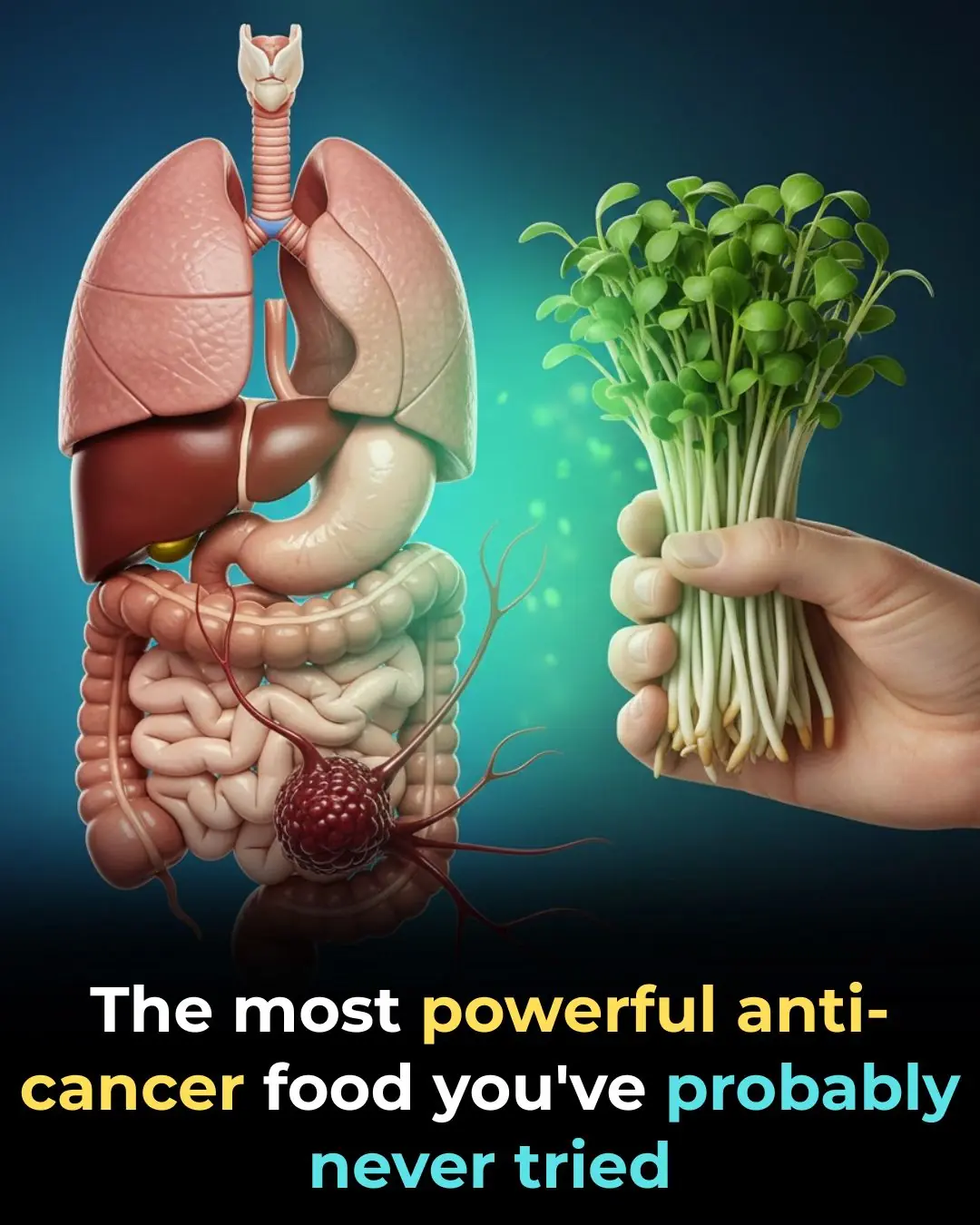
The most powerful anti-cancer food you’ve probably never tried

🩺 Be Aware: If You Notice This Skin Change, It Could Be Skin Cancer — Here’s What to Look For

Gastroenterologist says this is the #1 drink for gut health

What your body does when you drink coffee every day
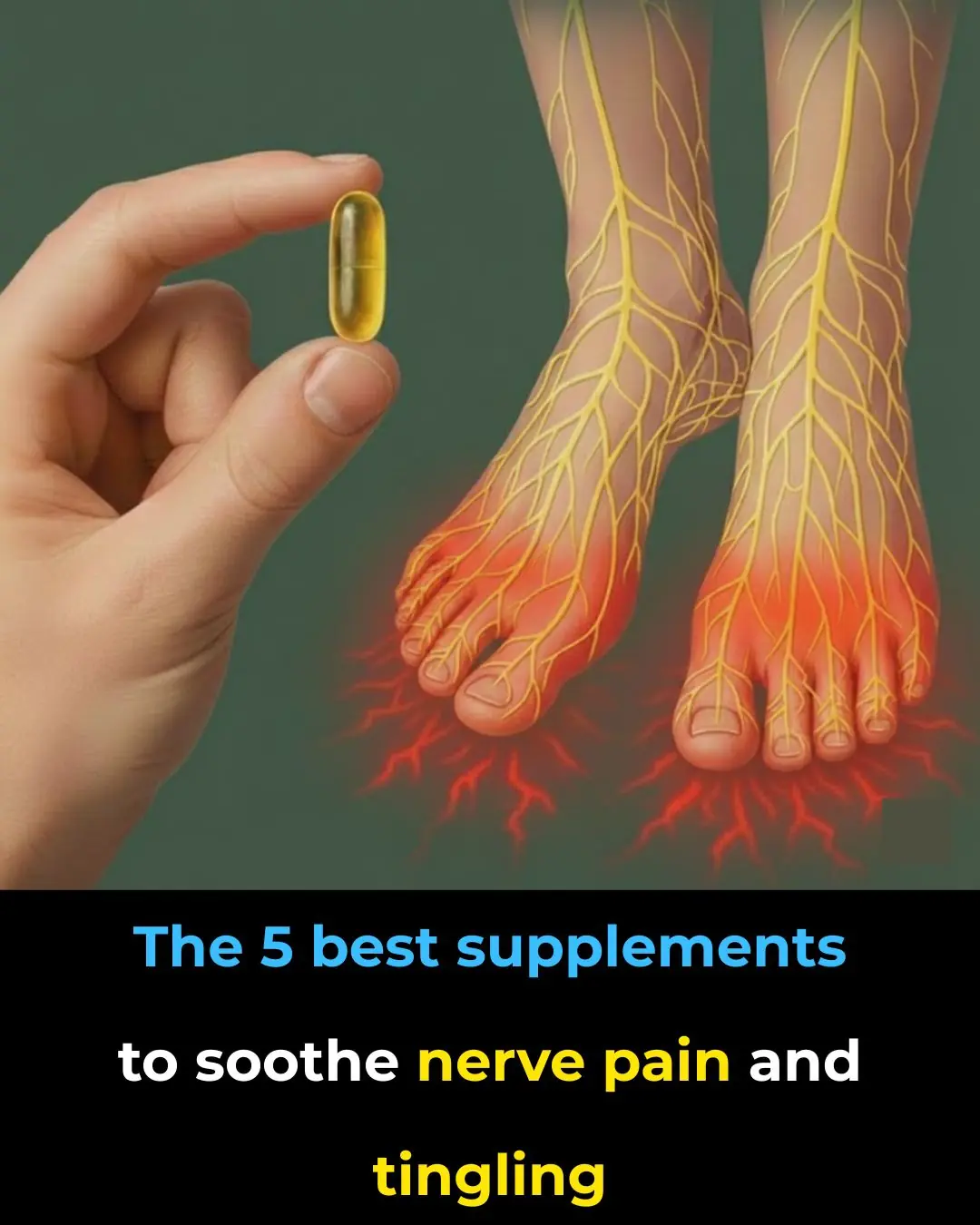
The 5 best supplements to soothe nerve pain and tingling

Stop blood sugar spikes—enjoy carbs without the crash!

Gastroenterologist says this is the #1 drink for gut health

6 Types of Warts (Signs, Symptoms, Home Remedies, and Treatment)

Many experts warn that this food may increase health dangers — stop eating it now!
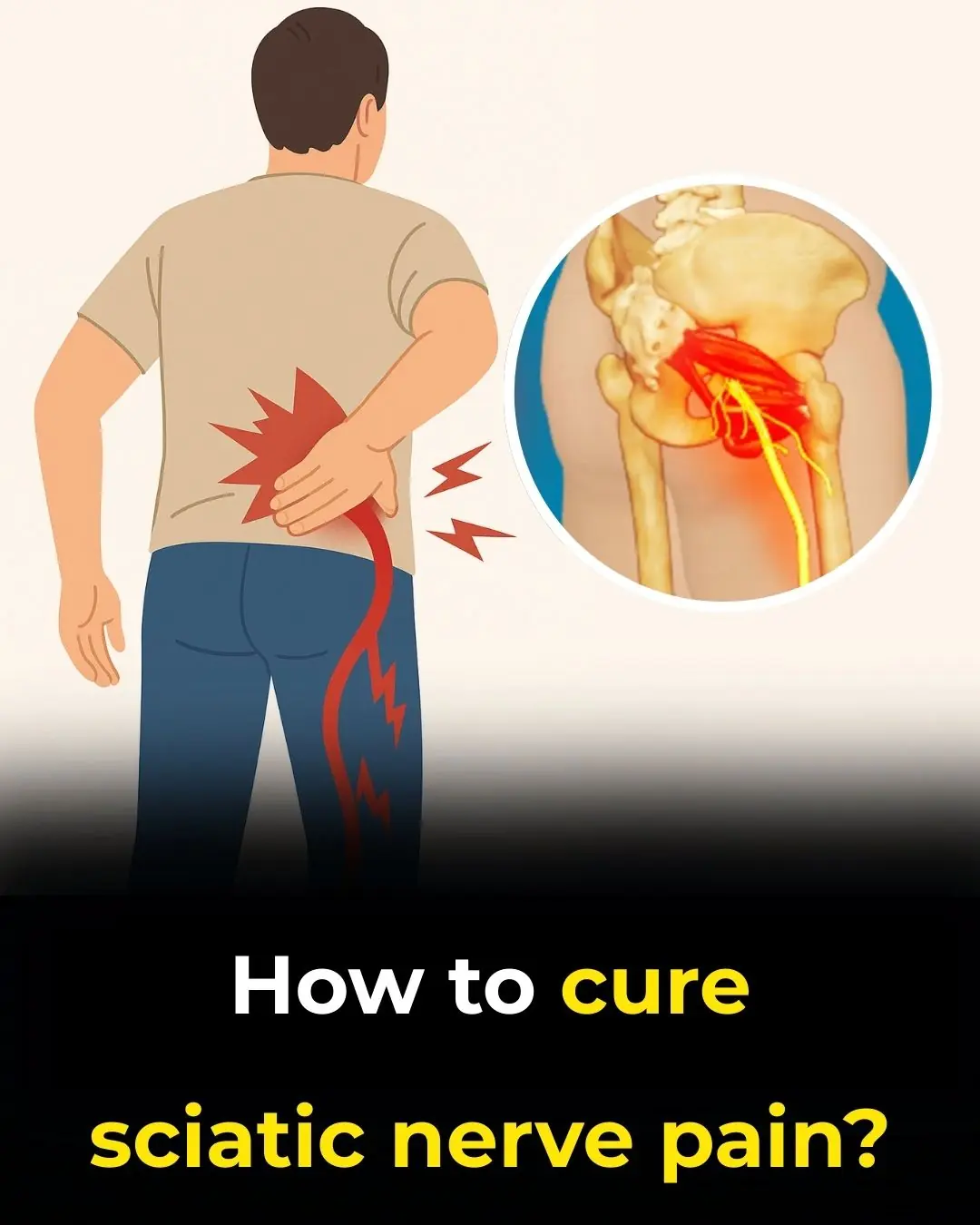
Gentle Stretches to Relieve Sciatica Pain

93% of people won’t do this yet it lowers blood pressure quickly

What Happens to Your Body When You Eat Canned Tuna Every Day

This Tropical Fruit Could Help Protect Your Liver and Fight Cancer
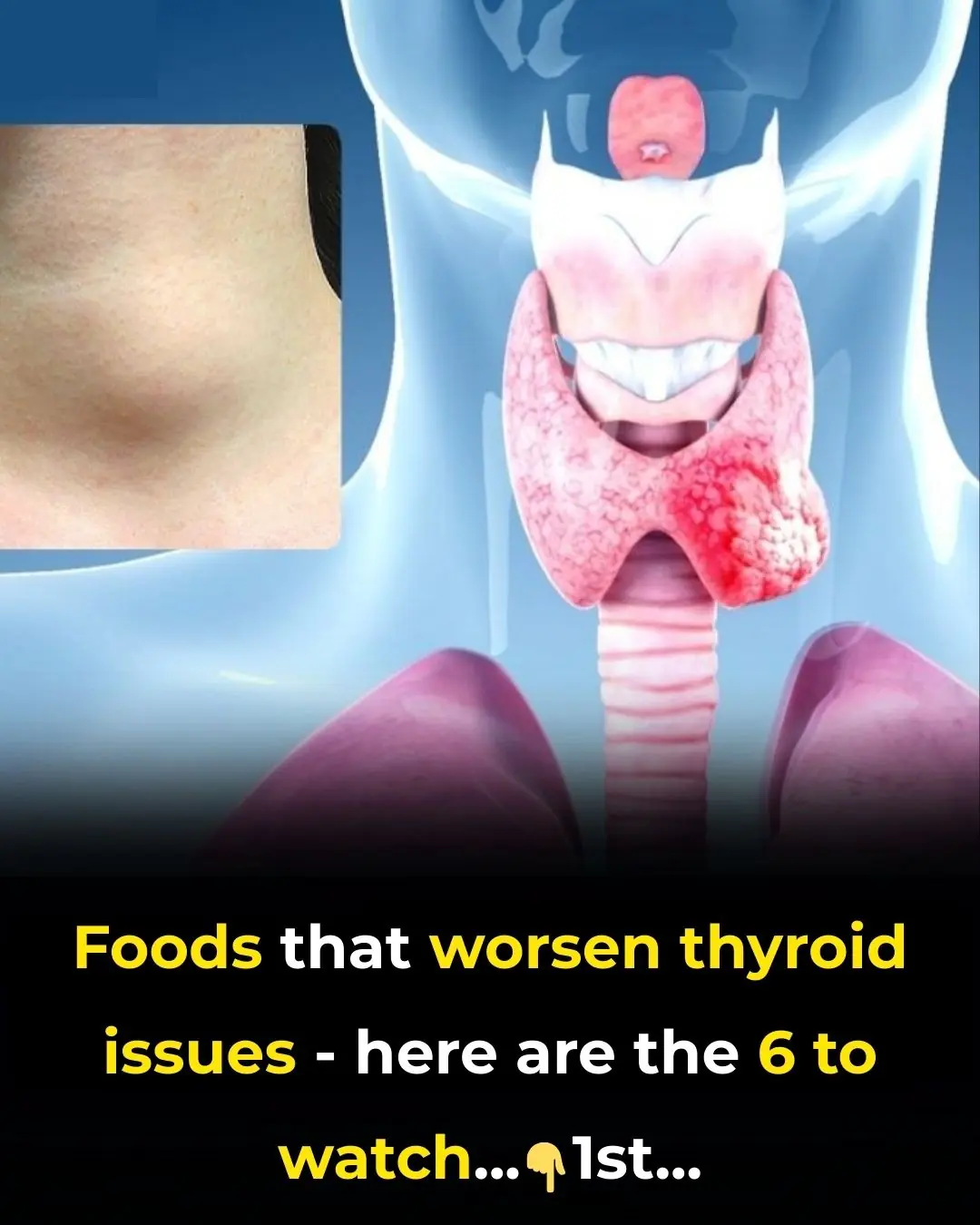
6 Foods You Absolutely Need To Avoid If You Suffer From a Thyroid Disorder
News Post
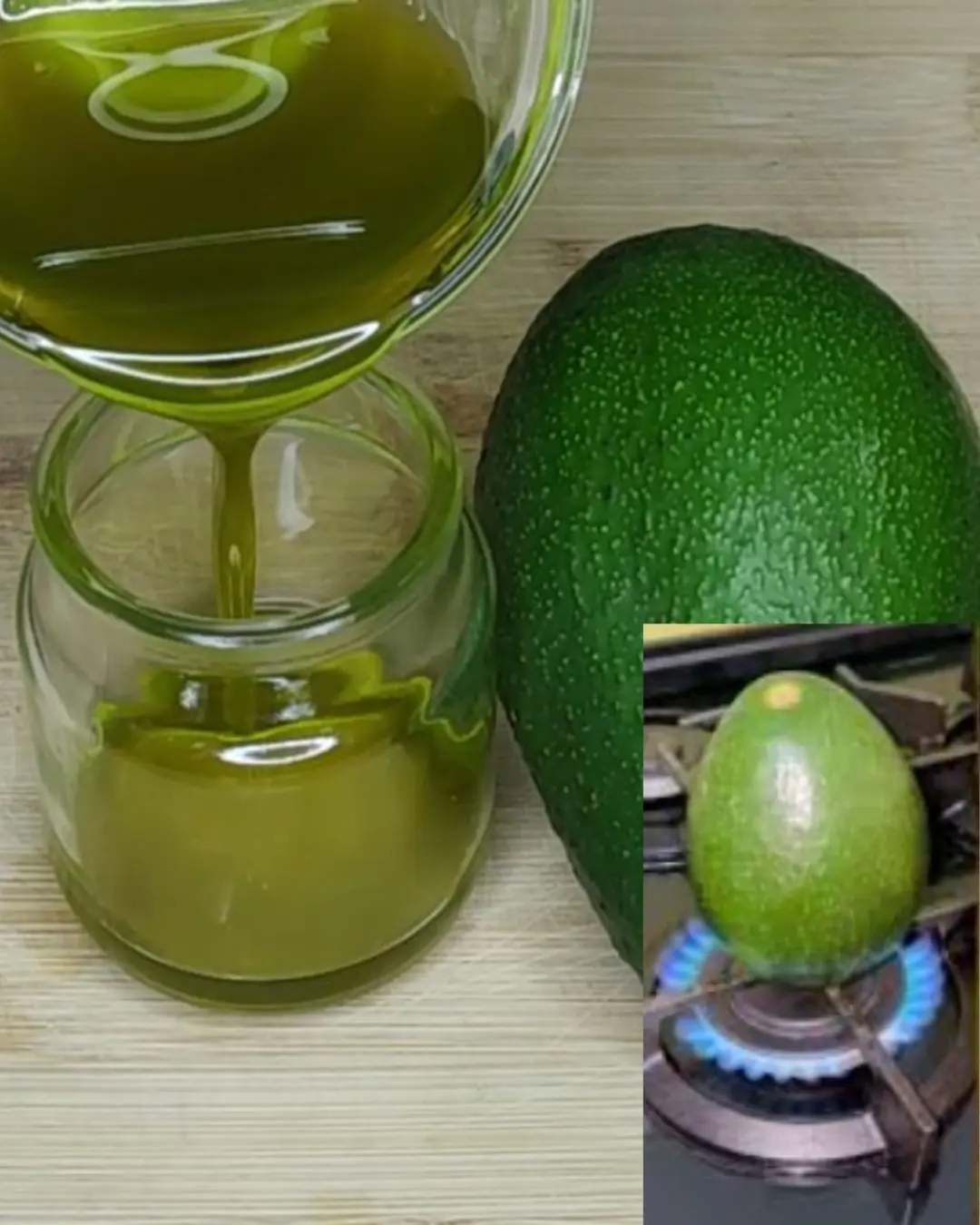
Here’s the secret why everyone puts avocados on the fire!
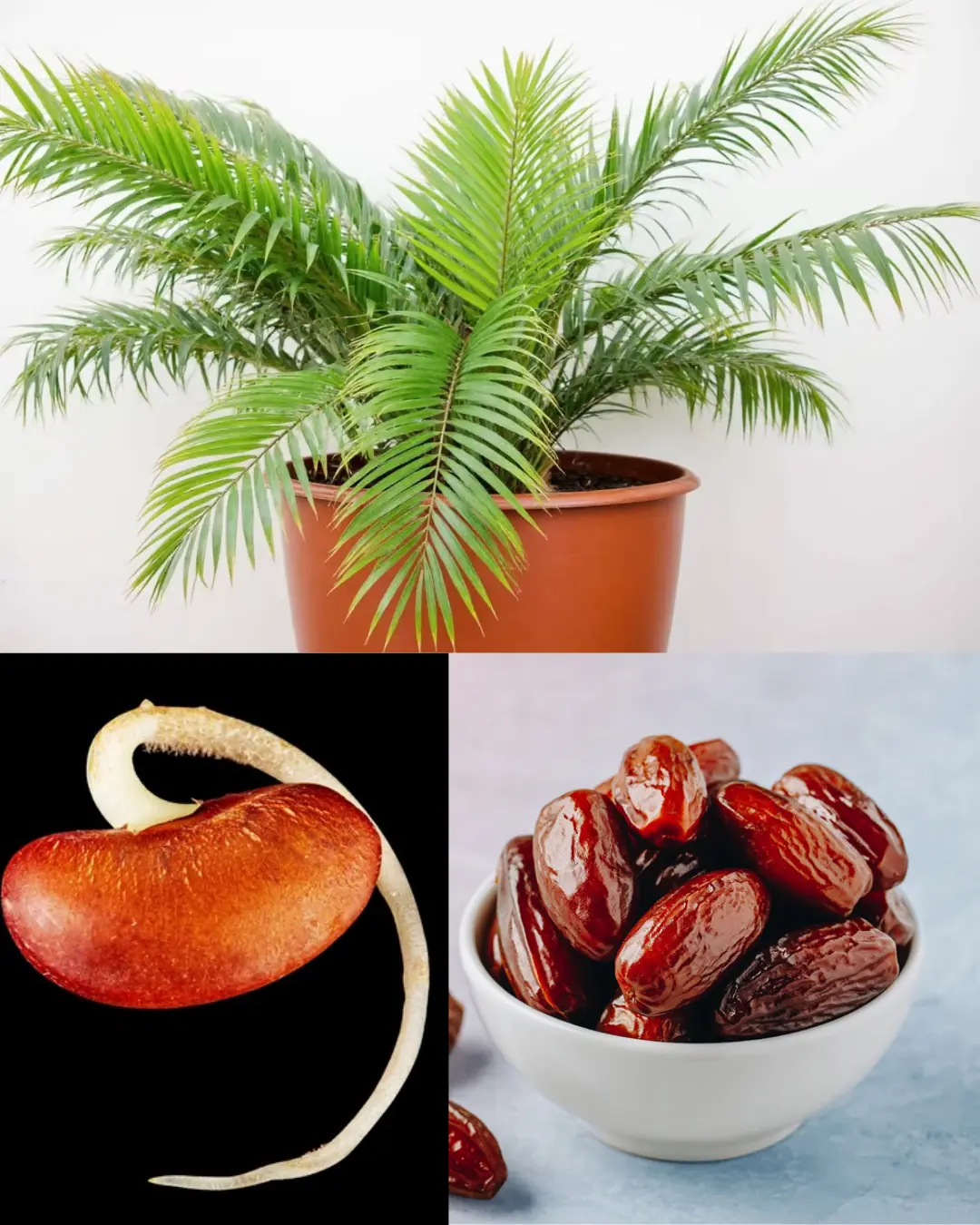
Grow Date Trees From Seed (Start in a Pot → Plant Outdoors): The Complete, No-Stress Guide
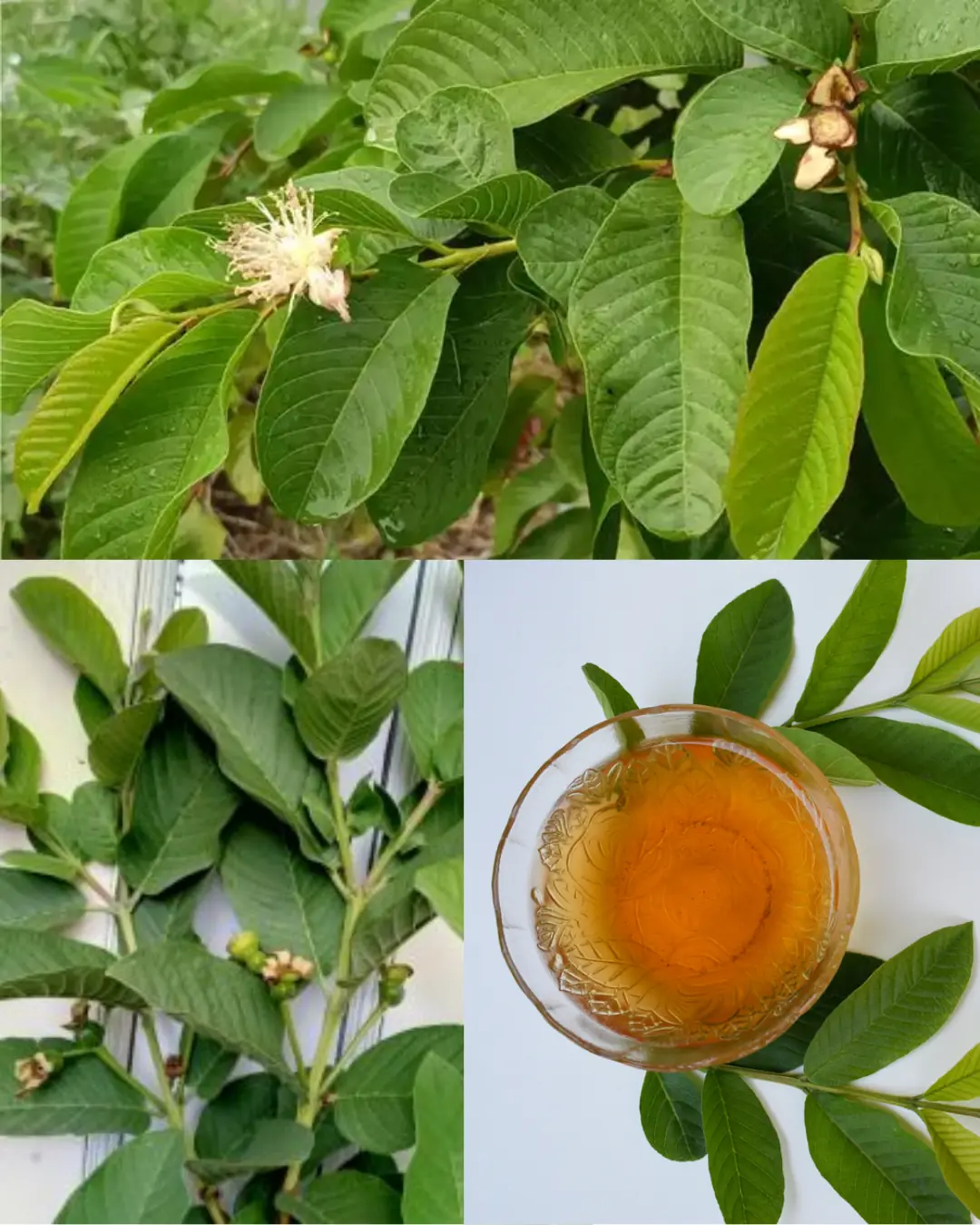
Guava Leaves for Blood Sugar Control: Nature’s Gift for Diabetics

Utqiagvik Enters 64 Days of Darkness: Inside Alaska’s Annual Polar Night
The Versatility and Benefits of Orange Peel Powder

Here’s the secret why everyone puts avocados on the fire!
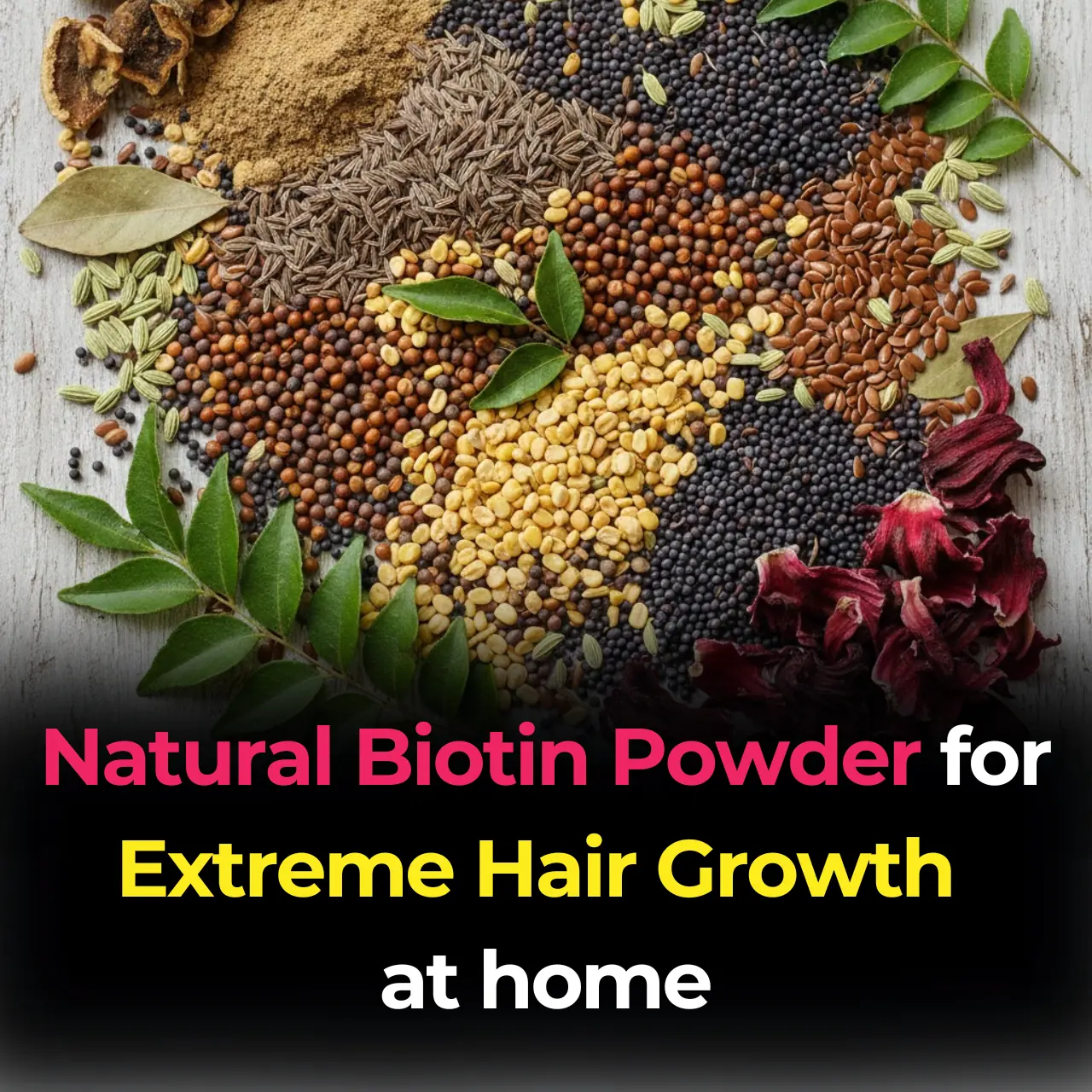
Natural Biotin Powder: Get New Hair in Bald Patch, Extreme Hair Growth

Community Backlash Stops Padel Court Plans in Bath Amid Rising Demand

Scientifically Proven Benefits of Pumpkin Seeds (Pepitas) and Pumpkin Seed Oil

26 Years, 214 Countries, 900,000 Kilometers: The Epic Journey of Gunther and Christine

My nana taught me this hack to get rid of dark circles in 5 mins with 0 work. Here’s how it works

The single move that instantly clears congestion and drains your sinuses

Put a cotton ball with VapoRub in your ear & get this remarkable effect

A Drink That May Help Reduce Cancer Risk: Not Tea or Coffee

Tips for preserving ginger without refrigeration

11 Health Warnings Your Fingernails May Be Sending

Whether It’s AA or AAA, Don’t Throw Them Away When They Run Out — Here’s a Simple Way to Revive Batteries in 10 Seconds

If the fan is dirty, you don't need to remove the frame or use water

Placing a Sock on Top of Your Air Conditioner: A Small Trick With Big Benefits—Especially on Scorching Days
